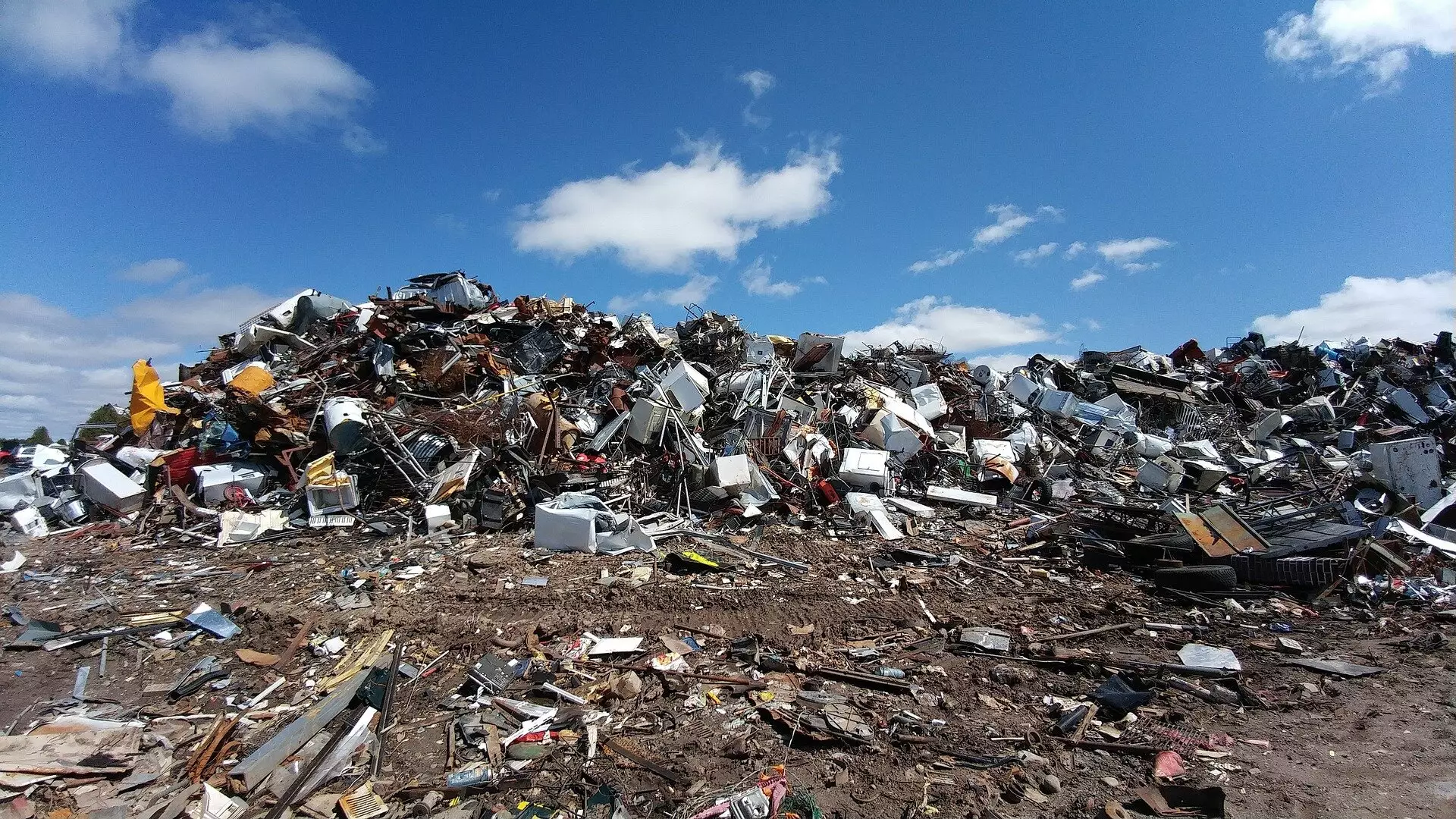As the fight against climate change intensifies, the issue of food waste has garnered increasing attention, particularly regarding its contribution to greenhouse gas emissions. Globally, food waste accounts for approximately 8 to 10% of total emissions, indicating that effective management strategies could help mitigate climate change. In the United States, several states have implemented food waste bans to combat this issue. However, a recent study conducted by researchers from the University of California Rady School of Management found that among the first five states to introduce these bans, only Massachusetts effectively decreased its reliance on landfills for food waste disposal. This discrepancy prompts a critical evaluation of existing policies and their implementation.
The Massachusetts Model: A Benchmark for Success
Massachusetts has become a reference point in discussions surrounding effective food waste management legislation. According to the study, Massachusetts managed to achieve a landfill waste reduction of 13.2% by effectively implementing its food waste ban between 2014 and 2024. The state’s approach encompassed three key strategies that distinguished it from other states: a robust composting infrastructure, straightforward legal language, and stringent enforcement policies.
1. **Composting Infrastructure**: Massachusetts boasts the highest density of food waste processing facilities per square mile among its peers. This infrastructure not only facilitates effective waste diversion but also creates a streamlined flow of organic material from businesses to processing sites.
2. **Clarity in Legislation**: The simplicity of Massachusetts’ legal language, with fewer exceptions and exemptions, has rendered the law more accessible and easier to follow for commercial entities. This clarity likely contributes to higher compliance rates compared to states with convoluted legal frameworks.
3. **Enforcement Mechanisms**: Critical to the success of any legislation is the enforcement of these laws. Massachusetts outperformed other states with a significant number of inspections, almost tripling those of the next closest state, Vermont. In contrast, many others showed negligible enforcement efforts, leading to minimal compliance and subsequent waste reduction.
Despite the expectations surrounding food waste bans, the study’s findings reveal disappointing outcomes in four of the five initial states—California, Connecticut, Rhode Island, and Vermont. These states collectively demonstrated a meager landfill waste reduction, hovering around 3% or less, even with laws that theoretically should have eliminated as much as 70% of organic waste from landfills. The primary takeaway here is that legislation alone does not guarantee change; enforcement and infrastructure must also align for effective implementation.
The researchers utilized an innovative synthetic control methodology to track each state’s performance, establishing a comparative benchmark with states lacking such bans. Their findings clearly indicated that for these states, the anticipated reduction in landfill waste failed to materialize, underscoring a significant disconnect between policy enactment and real-world outcomes.
The stark differences in performance among the initial states raise crucial questions about the design and implementation of food waste policies across the nation. Fiorentia Anglou, co-author of the study, highlights that while there should be no abandonment of food waste bans, a reevaluation and enhancement of current strategies are essential to achieve meaningful impact.
One promising development comes in the form of California’s SB 1383, passed in 2022, which mandates that all jurisdictions provide organic waste collection services to residents and businesses. This step may provide the groundwork for more structured enforcement and better resource management in the realms of food waste.
Moreover, the study emphasizes the need for comprehensive education and outreach efforts to ensure businesses understand these laws and comply with them. Bridging the gap between legislation and actual waste diversion requires a multi-faceted approach that includes infrastructure investment, clear guidelines, and a commitment to accountability.
As states grapple with the dual challenges of reducing landfill waste and curbing greenhouse gas emissions, the findings from the University of California Rady School of Management serve as a pivotal reminder of the importance of strategy and execution. The Massachusetts model presents a case study worth emulating, urging other states to closely examine their policies and refine them for improved outcomes. In an era where sustainability is paramount, addressing the shortcomings of food waste management legislation is not just prudent, but necessary for a healthier planet.


Leave a Reply